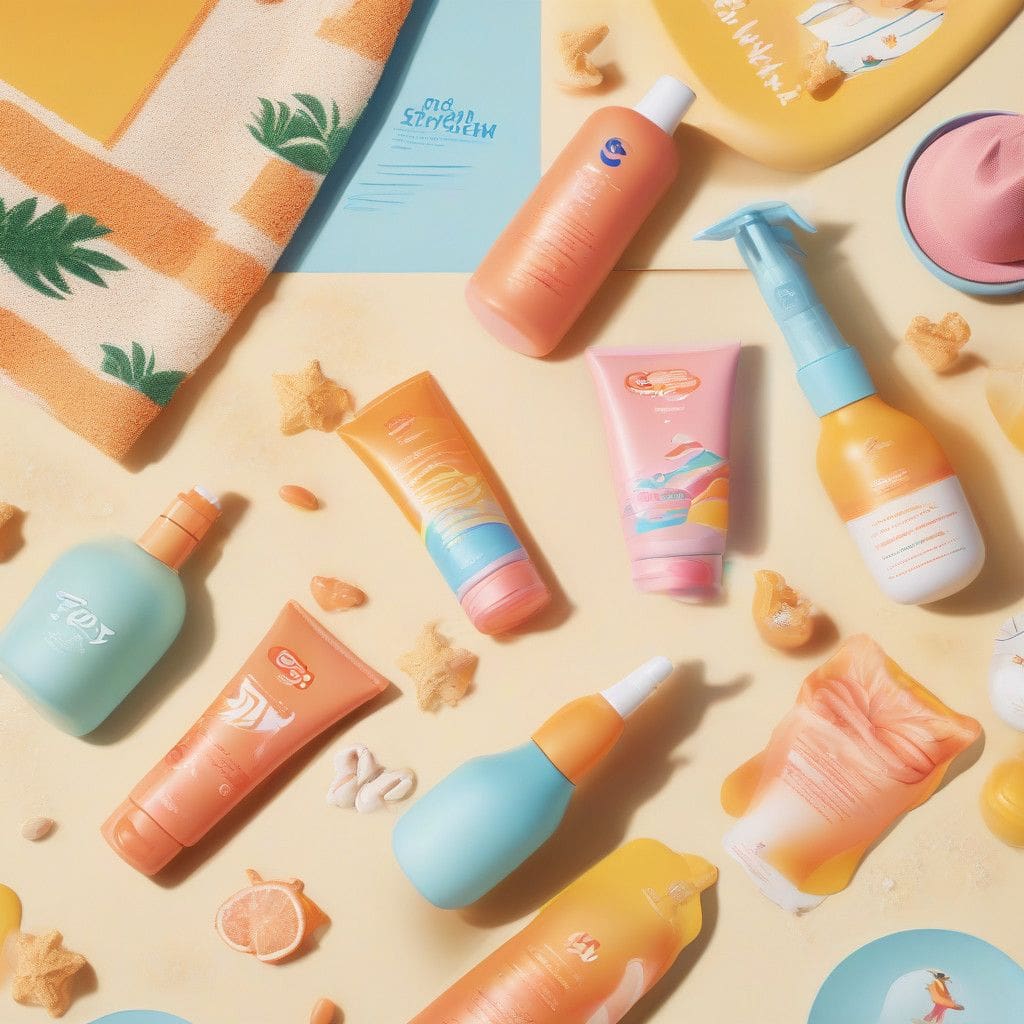The influence of social media on consumer behavior continues to rise, and nowhere is this more evident than in the world of skincare. A prime example is Beauty of Joseon, a South Korean skincare brand that has taken TikTok by storm. With influencers calling its Relief Sun: Rice + Probiotics sunscreen a “ride-or-die” product, it’s clear that this brand is not just a fleeting trend but a growing staple in the beauty market.
Founded in 2017, Beauty of Joseon has gained immense popularity on TikTok, boasting 1.7 billion views under its brand hashtag. The numbers tell a compelling story: from generating $83,000 in revenue in 2020 to an impressive $116.7 million in 2023, the brand is on track to exceed $250 million in 2024. These figures place it ahead of many competitors, making it an attractive target for mergers and acquisitions in the beauty space.
A significant element contributing to Beauty of Joseon’s success is its fan-favorite sunscreen, which, despite not holding FDA approval in the U.S., has captivated a large audience. The active ingredients include ethylhexyl triazone and diethylamino hydroxybenzoyl hexyl benzoate, both of which are still awaiting regulatory approval in the U.S. market. Beauty of Joseon co-founder Sumin Lee noted that this popularity stems from users seeking alternatives to conventional U.S. sunscreens, which can often feel uncomfortable—burning the eyes, leaving a white cast, or negatively affecting makeup wear.
The influencers’ endorsements have further propelled the brand into the spotlight. An array of beauty creators, including Hyram Yarbro and Charlotte Palermino, have lauded Beauty of Joseon products for their texture, efficacy, and price point—$18 for a 50mL bottle of its Relief Sun. These influencers are shaping beauty trends, and their genuine passion for the product is palpable. Palermino, for instance, noted that using an international sunscreen is a badge of honor among skincare enthusiasts, enhancing the allure of Beauty of Joseon.
In a bid to solidify its presence in the United States, Beauty of Joseon is launching its first-ever pop-up shop in Los Angeles from November 8 to 16. This initiative is pivotal as the brand aims to transition from a niche online retailer to a mainstream beauty brand accessible in every neighborhood. The pop-up, dubbed “Rice Wonderland,” will not only showcase their renowned sunscreen but also their new U.S.-formulated Daily Tinted Fluid Sunscreen, made with zinc oxide.
While the brand’s trajectory in the U.S. looks promising, challenges remain. Beauty of Joseon may benefit if Korean UV filters receive FDA approval, enabling wider distribution and a more straightforward pathway for entry into major beauty retailers. As it stands, the unapproved status of these filters creates uncertainty and prompts a convoluted purchasing experience for U.S. consumers. Representative Alexandria Ocasio-Cortez’s support—calling the sunscreen her “ride-or-die”—highlights a potential shift towards increased access and visibility for products that currently navigate an uphill regulatory battle.
Moreover, the online landscape for Beauty of Joseon is complicated by the proliferation of counterfeit products on platforms like Amazon and TikTok Shop. Lee highlights that the brand is actively combating this issue and strives to create official channels to connect directly with consumers. Joining Amazon’s Transparency Program is one of the steps taken to ensure customers receive legitimate products.
The overarching goal for Beauty of Joseon is clear: elevate the brand from a niche, TikTok-driven phenomenon to a household name alongside established brands like CeraVe and The Ordinary. The commitment to transparency, innovation, and consumer engagement through influencer partnerships will be crucial in shaping the brand’s future. As Lee succinctly puts it, they aim to be a lasting presence in the beauty industry, moving beyond the shortcuts of viral popularity.
Beauty of Joseon’s ascent illustrates a wider trend in the beauty industry where authenticity, quality, and social connection define the consumer experience. Brands willing to adapt and respond to these dynamics are more likely to thrive in an increasingly competitive market.
TikTok, in this case, not only serves as a marketing tool but as a powerful barometer of consumer preferences, proving that the fusion of social media and ecommerce can redefine the pathways to success in the beauty sector.
Influencers, clever product launches, and a focus on quality rather than mere virality are setting the stage for what we can expect next from this innovative skincare brand.












